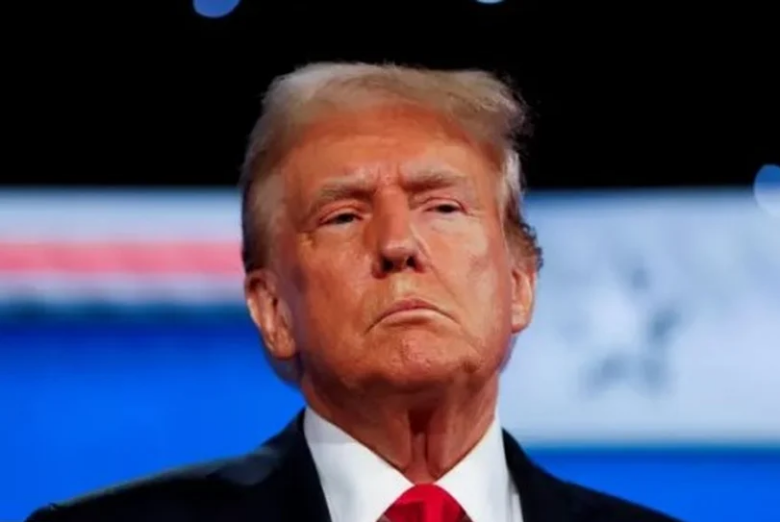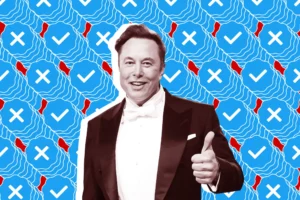Monday, January 7, the US Supreme Court said that past presidents, like Donald Trump, are not criminally responsible for “official acts” they did while in office, but they are not criminally responsible for acts they did while not in office.
Because of this important decision, the claims that Trump tried to meddle in the 2020 election and encouraged people to storm the Capitol on January 6, 2021, will have to go back to a lower court. There, they will decide if these actions were official or not.
Prosecutors say Trump put pressure on the authorities to change the results of the election that he lost to Joe Biden, and he tried to use the storming of the Capitol to stay in power. The ruling says that these actions would be “official,” but other lower courts need to decide what kind of actions they are.
A big part of special prosecutor Jack Smith’s case against Trump is that he tried to get then-Vice President Mike Pence to not recognize Joe Biden’s election win. This is an example of official action that needs to be looked over more closely Cool.
Politicians may see this as a win for Trump because he won’t have to deal with the worry of being convicted until after the election.
He called the ruling “a great victory for our constitution and democracy” and said he was “proud to be an American.”
The move was called a “dangerous precedent” by Vice President Joe Biden, who is running against Trump in November. As he put it, the trial hurt the “rule of law” and did Americans “a terrible disservice.”
The idea that there are no kings in the United States is what the country was built on. The law treats all of us the same. There is no one who is above the law. “Not even the president of the United States,” Biden said in a Monday night speech that was shown on TV.
“Today’s [Supreme Court] ruling almost certainly means that there are virtually no limits to what a president can do.”
“The person who led those people into the US Capitol could be charged with a crime for what happened that day.” “The courts should give the American people an answer before the next election,” he said.
“Now, because of today’s [Supreme Court] decision, that is highly, highly unlikely.”
The court said that Trump is completely safe when he does official things as president that are in line with his constitutional tasks. All other government acts are also thought to be immune to prosecution.
The BBC’s Anthony Zurcher says that lawyers will have to work much harder to bring cases to lower courts from now on.
The choice was made with 6 votes for and 3 votes against. Justice Sonia Sotomayor was one of the people who were against the bill.
It made her “fear for our democracy” and made her feel like “the president is now a king above the law.”
Sotomayor said a president would be “protected if he ordered the Navy to assassinate a political rival, staged a dissident military coup to maintain power, or accepted bribes in exchange for a pardon.”
“Even if these nightmare scenarios never happen, and I pray they never do, the damage has already been done,” she said.
The decision says that Trump’s conversations with Justice Department officials are completely safe.
It was Chief Justice John Roberts who laid out rules that could hurt the prosecution’s case the most.
Roberts said that presidents “need such broad immunity from official acts because the fear of criminal prosecution,” along with the “unusual public opprobrium” that comes with criminal procedures, can “distort” how presidents make decisions.
The court did say, though, that Trump is not immune for acts he takes outside of work, so he could still be charged.
As of May, Trump was the first past president of the US to be found guilty of a crime. He was found guilty of changing financial records to hide a payment he made to Stormy Daniels, a former porn star, just before the 2016 election.
There is also a new use of state and federal fraud and campaign funding rules in the sentence.
Early this year, Trump won the Republican presidential nomination in the primaries. He is likely to lead the party’s ticket at its national gathering in July.



